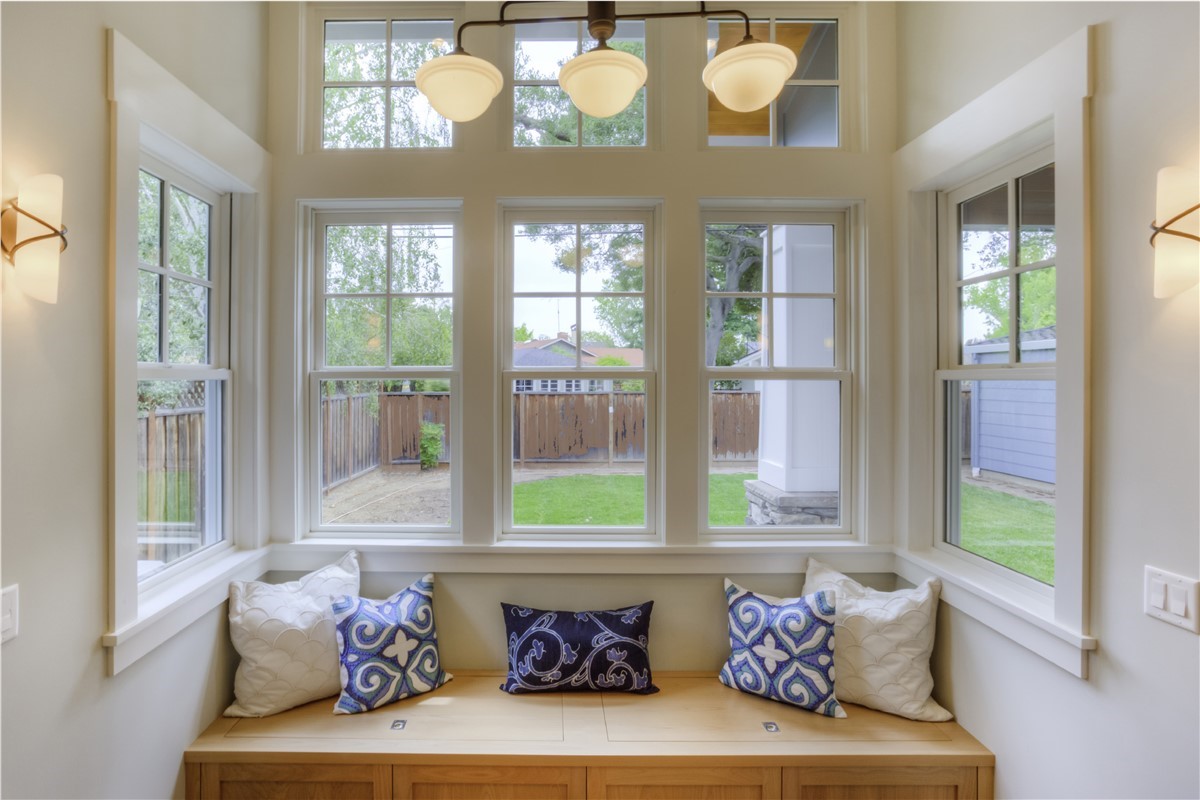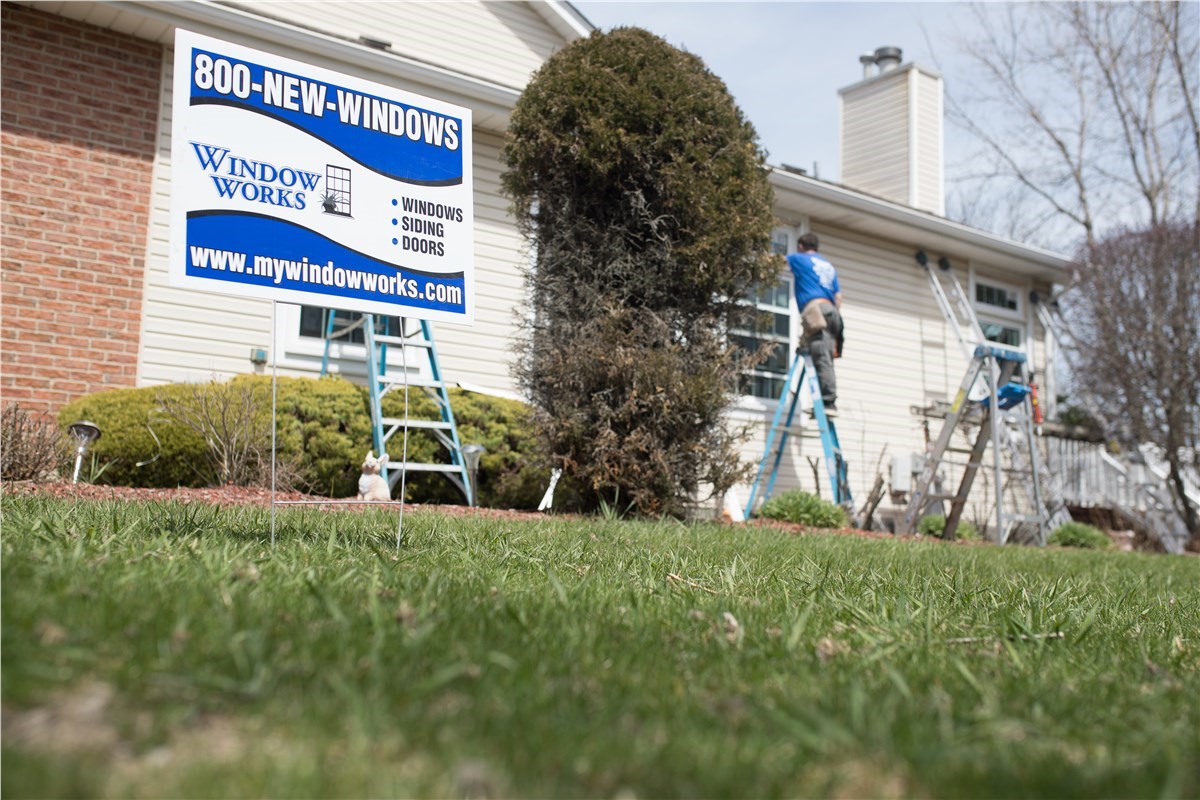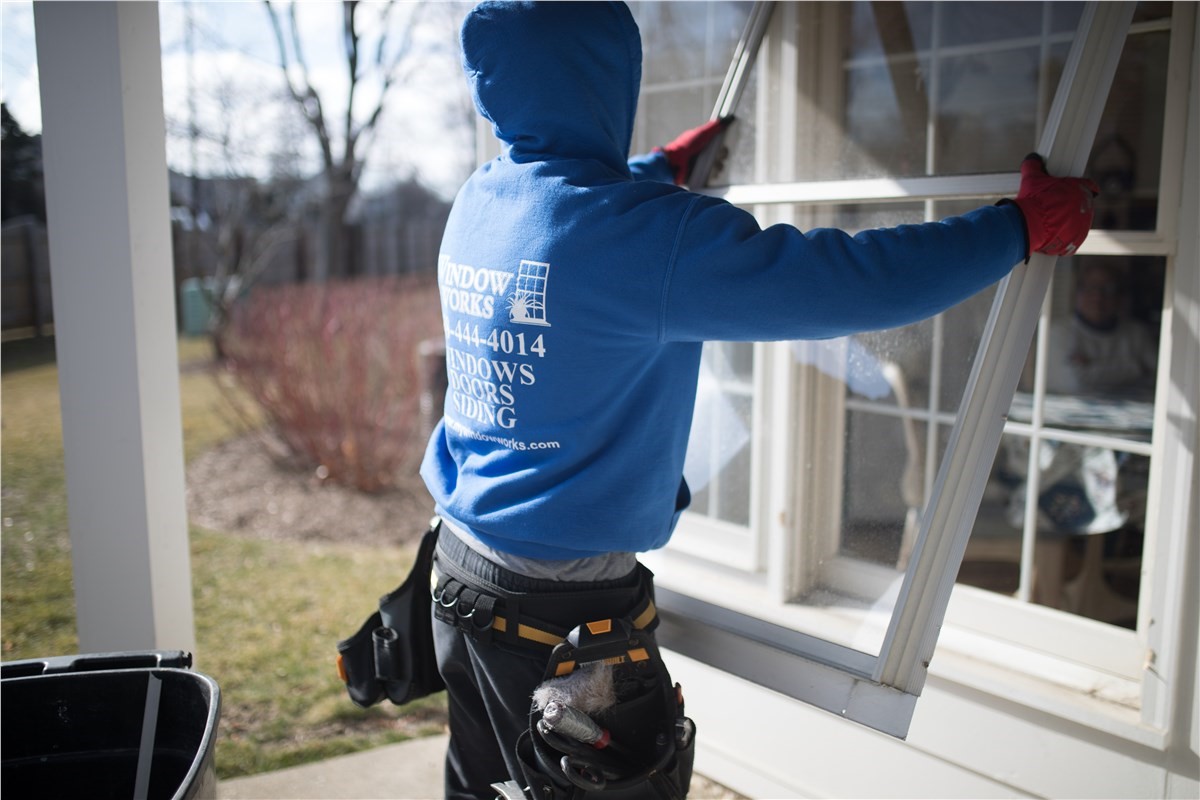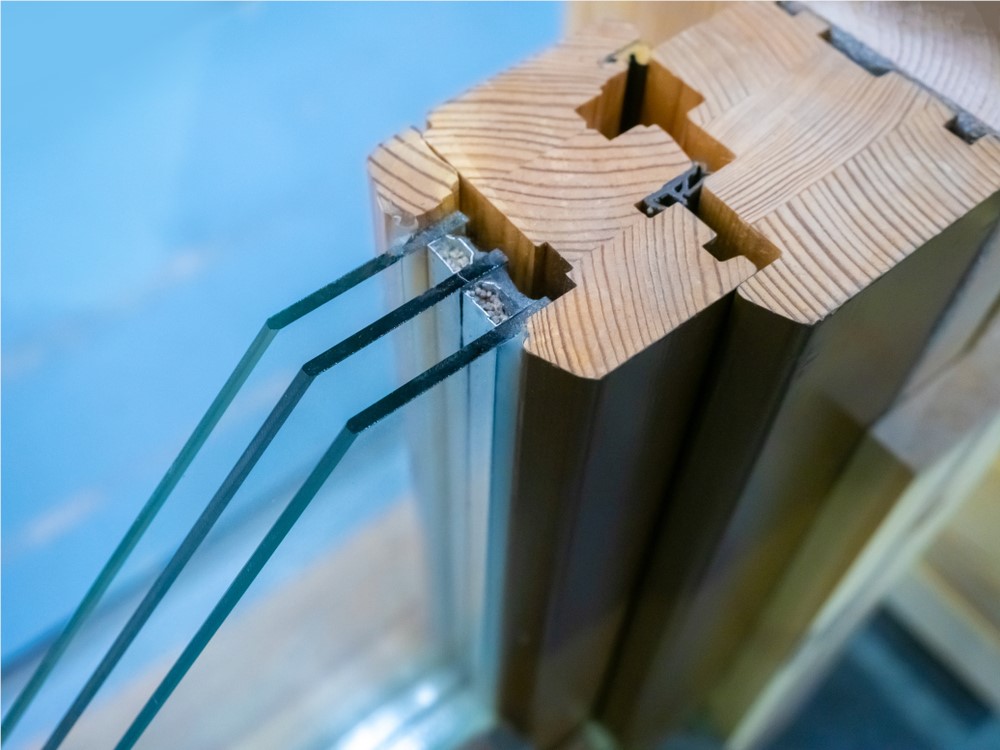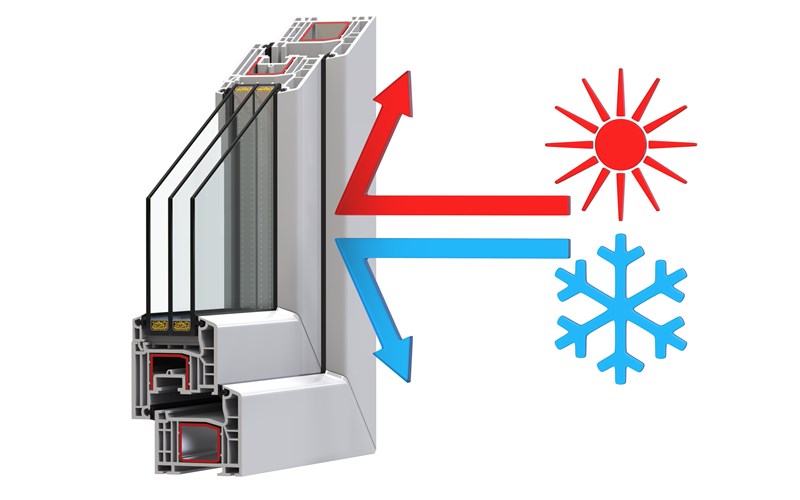
Over the last several years, homeowners have become increasingly concerned with the efficiency of their homes—and for good reason! With rising costs for heating and cooling, having inefficient windows, doors, and siding can all lead to skyrocketing bills and lowered home value. While there are several ways to improve the overall thermal efficiency of your property, replacing outdated windows offers one of the highest returns on investment.
However, deciding to upgrade to more efficient windows isn’t always as simple as it sounds! Once you start shopping around for new and improved windows, you’ll hear a variety of terms, from ENERGY STAR-ratings to U-values and solar heat gain coefficients. This all can seem overwhelming, but one of the best places to start is by looking at the R-value of the various windows available on the market today.
At WindowWorks, we want to help you break down the flood of information out there on efficient home windows, and it starts with understanding what exactly the R-value is and why you should care about what it means for your home!
Defining R-Value With Replacement Windows
There are several ways that efficiency is measured with windows in the home, and R-value refers to the resistance to heat flow through a window. Heat naturally moves from warmer to cooler areas. So, in climates where there is a large temperature difference between the inside and the outside of your home, R-values play a big role in efficiency. Think of it this way, if it is freezing outside, the warm air inside your home will naturally escape through your windows, and in the heart of summer, heat will attempt to move through your windows into the air-conditioned indoors.
What does this mean for you? To put it simply, having inefficient windows will allow more heat to flow through the window—causing your heating or cooling system to work much harder to maintain an ideal indoor temperature. This, naturally, will lead to higher utility costs.
When considering the R-value of windows, the higher the number, the greater the energy efficiency of the window. For example, a window with an R-value of 5 is 50% more efficient than a window with an R-value of only 3.3!
Benefits of Installing High R-Value Windows
So, it makes sense that choosing windows with a greater R-value can reduce heat loss and gain in the home, which makes your heating and cooling systems run more efficiently. But what are the other benefits you can expect by investing in more efficient windows? There are several ways your home will benefit from windows with increased R-value, including:
- Reduced energy consumption
- Lowered energy costs for heating and cooling
- More consistent temperatures throughout various rooms
- Enhanced indoor comfort
- Higher overall home resale value
Investing in energy-efficient home upgrades is more than just a trend—it’s a wise investment in the long-term value of your property and the comfort of your family. Choosing replacement windows with a high R-value is one way that you can update your home with smart choices that deliver results, and the pros at WindowWorks can help you understand everything that goes into selecting the perfect window for your needs and budget. Give us a call or fill out our online form today, and we’ll be happy to answer any questions you have!
Tags
Subscribe to WindowWorks's Blog
